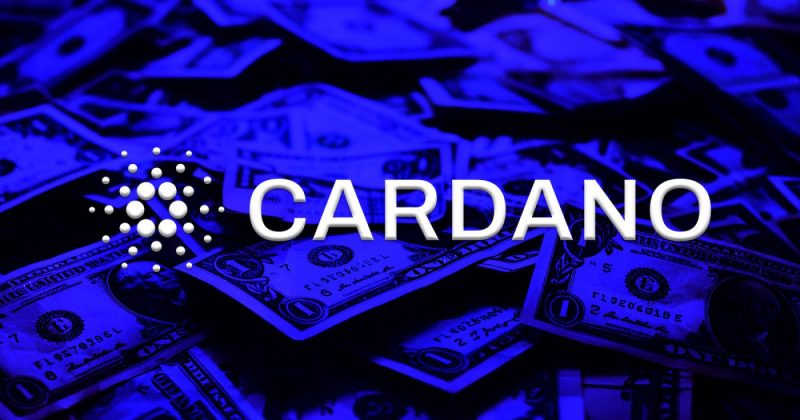Cardano has successfully completed its much-anticipated Chang hard fork, marking a significant step toward decentralized governance. This upgrade, which went live on September 1 at 21:44 UTC at block 10764778, introduces sweeping changes to Cardano’s governance structure and smart contract capabilities, setting the stage for more active community participation.
Key Features of the Chang Hard Fork
The Chang upgrade, part of Cardano’s broader “Voltaire” phase, ushers in the “Conway ledger era,” a period focused on decentralized governance. One of the most transformative aspects of this upgrade is the new governance framework, which allows any ADA holder to participate in the decision-making process. This shift is enabled by CIP-1694, a proposal that introduces on-chain participatory governance, allowing ADA holders to vote directly or delegate their voting power to representatives.
In addition to voting, the upgrade establishes a constitutional committee and a new governance role for stake pool operators, both of which will be phased in over the next 90 days. The initial phase of this upgrade is designed to ensure security and continuity as the community adapts to this new governance model.
Future Phases and Smart Contract Enhancements
The Cardano Foundation has outlined plans for a second phase of the Voltaire upgrade, expected in 2025. This phase will further develop and facilitate community-driven governance initiatives within the ecosystem. Additionally, the Chang hard fork enhances Cardano’s Plutus smart contract platform, enabling more sophisticated voting mechanisms, such as decentralized autonomous organization (DAO) voting. The upgrade also brings cryptographic and performance improvements to smart contracts, bolstering the network’s capabilities.
